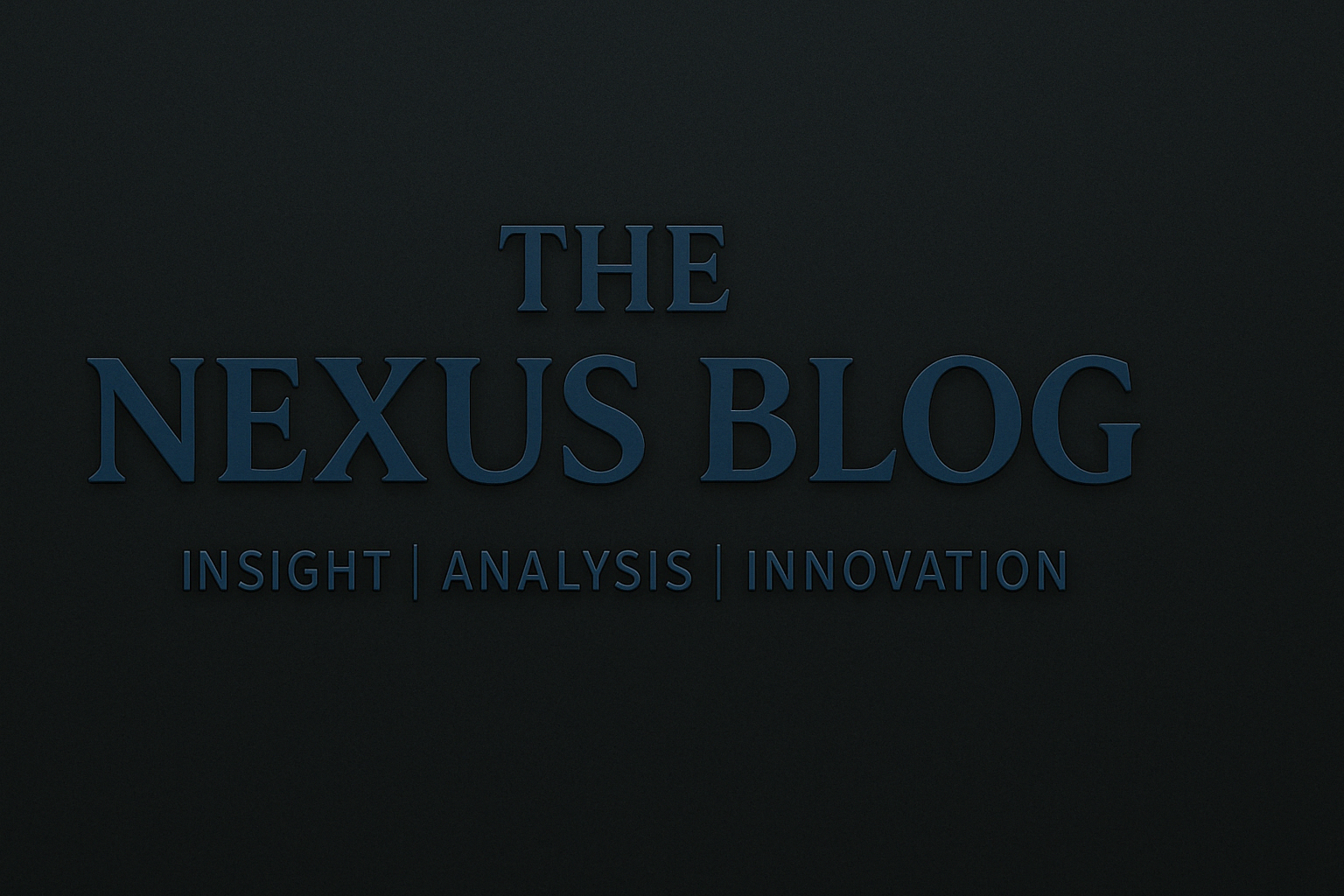The Rise of the Red Shield: The Evolution of China’s Ministry of State Security
06/21/25
By The Security Nexus
The Evolution of the Chinese Ministry of State Security
Few organizations exemplify the Chinese Communist Party’s (CCP) evolving approach to power and secrecy as clearly as the Ministry of State Security (MSS). Created in 1983 as part of Deng Xiaoping’s broader reform package, the MSS replaced the CCP’s Investigation Department and absorbed counterintelligence responsibilities from the Ministry of Public Security. At its inception, the MSS aimed to balance internal stability with external intelligence gathering—but internal political control remained its primary mission (Inkster 2013, 48).
For much of its early life, the MSS was subject to dual leadership (双重领导), where local bureaus operated under both the central MSS and local party committees. In practice, local authorities held the upper hand. They controlled hiring, budgets, and operational priorities, often frustrating the ministry’s ability to shape coherent national intelligence strategy. Between 1997 and 2004, for example, city-level MSS bureaus spent over 96% of their budgets on administrative costs, leaving little for operational effectiveness (Schwarck 2024).
This fragmented system also fostered inefficiencies and corruption. Promotions were based on seniority rather than merit, technical staff were poorly utilized, and low wages made officers vulnerable to foreign recruitment. Operational fragmentation meant that intelligence bureaus rarely collaborated across provinces, and local interference hindered the MSS from embedding officers in other government organs—a key method of clandestine influence (Schwarck 2024).
The Push for Centralization
The 2000 reforms partially addressed these issues by placing city-level MSS bureaus under provincial control, creating a two-tier management system. This “soft centralization” rationalized the bureaucracy, reduced staff redundancies, and improved intelligence specialization. Yet true vertical integration remained elusive, as provincial authorities still held budgetary and personnel authority over the city bureaus (Schwarck 2024).
It wasn’t until the 2016–2017 reforms under Xi Jinping that full centralization took place. These changes stripped local party committees of control over provincial and city-level MSS bureaus. Under this new “vertical leadership” (垂直领导) model, the central MSS assumed full authority over appointments, budgets, and operational directives. This shift brought the MSS in line with Xi’s broader goal of ensuring the supremacy of the “party center” over all state security functions (Schwarck 2024).
Public remarks by MSS Minister Chen Yixin emphasized this pivot. In a 2024 speech, Chen called for MSS cadres to “take the lead in implementing vertical management by the ministry’s Party Committee over the work of the entire system,” signaling a top-down command architecture deeply aligned with Xi’s political agenda (Schwarck 2024).
Implications for Intelligence and Control
The MSS’s centralization mirrors broader trends in China’s political-security apparatus under Xi: institutional opacity, expanded surveillance authority, and increasing overlap between state security and party loyalty enforcement. Xi’s establishment of the Central National Security Commission (CNSC) further tightened Party control over intelligence, while blurring lines between national security and political compliance (Cheung 2020).
Operationally, vertical leadership enables more cohesive joint intelligence operations, prioritization of key strategic regions, and refined deployment of MSS operatives abroad. The MSS First Bureau now oversees a vast network of non-official cover agents, while the Second Bureau—once banned from diplomatic postings by Deng—uses legal cover in embassies and consulates for collection abroad (Inkster 2013, 49).
With domestic stability as the priority, the MSS has also become the primary instrument for suppressing perceived “Three Evil Forces”: separatism, terrorism, and religious extremism—threats seen as existential to CCP rule (Inkster 2013, 48). Internationally, its activities now span aggressive cyber operations, foreign technology acquisition, and surveillance of the Chinese diaspora.
The Strategic Outlook
As China’s economic and geopolitical ambitions expand, so too does the role of the MSS. Its evolution reflects a broader shift in the CCP’s security thinking—from reactive domestic policing to proactive global counterintelligence. Centralization may improve bureaucratic efficiency and loyalty, but it also entrenches authoritarian mechanisms of control and reduces checks on misuse of power.
The MSS is no longer just a secret police force. It is an arm of state power, calibrated for both inward discipline and outward reach.
⸻
Sources
• Cheung, Tai Ming. 2020. “The Chinese National Security State Emerges from the Shadows to Center Stage.” China Leadership Monitor 65.
• Inkster, Nigel. 2013. Chinese Intelligence in the Cyber Age. Survival 55(1): 45–66. https://doi.org/10.1080/00396338.2013.767405.
• Schwarck, Edward. 2024. “The Power Vertical: Centralization in the PRC’s State Security System.” China Brief 24(22), The Jamestown Foundation. https://jamestown.org/program/the-power-vertical-centralization-in-the-prcs-state-security-system/.
⸻
Learn more at: https://rss.com/podcasts/the-security-nexus-deep-dive/2083476

